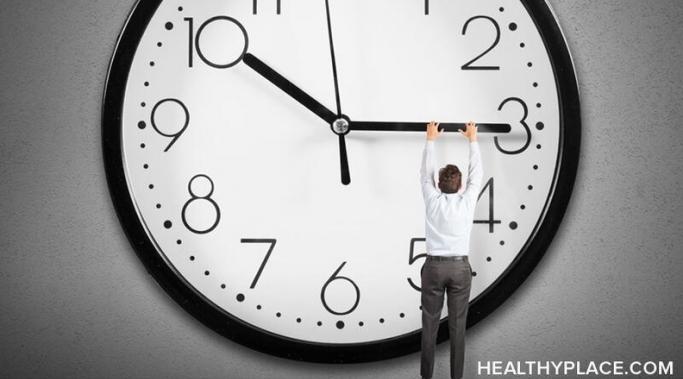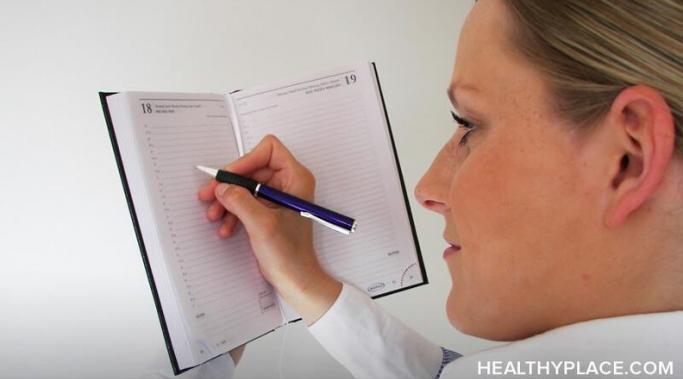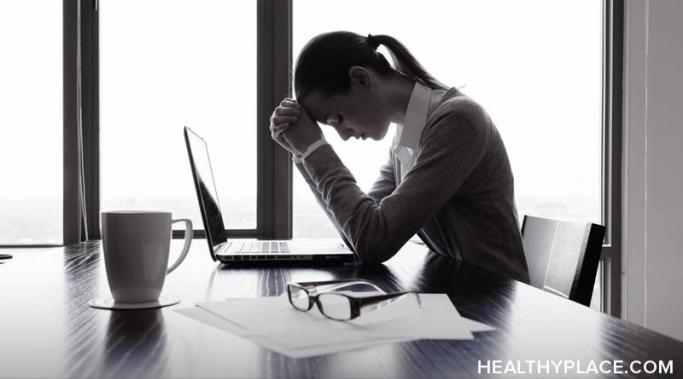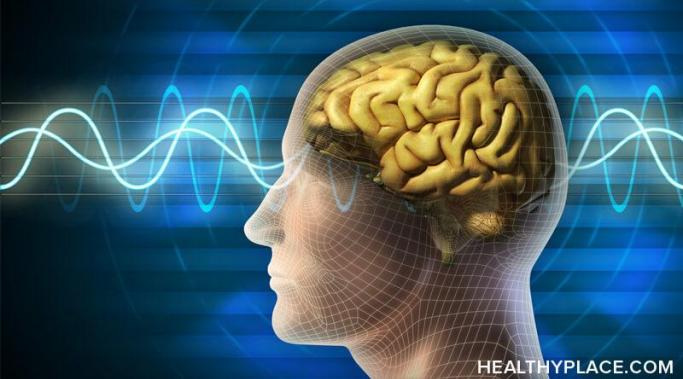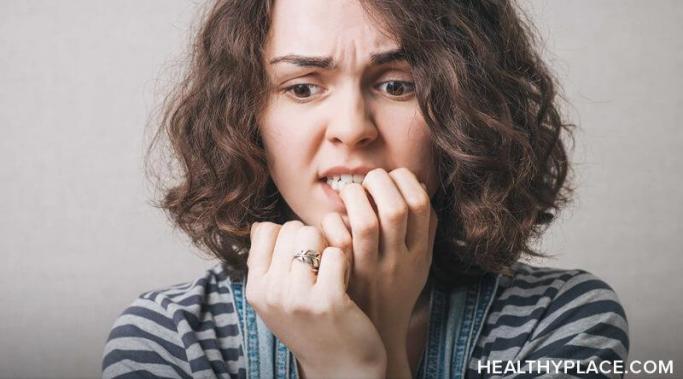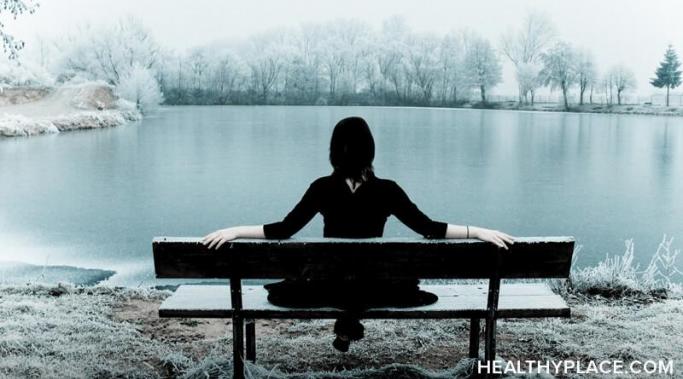Being a pushover isn't what I expected to happen when I refused to acknowledge my anxiety. But slowly I began to sink into a puddle, losing my spine. I felt like I was becoming the world's biggest pushover because my ability to trust and express my opinions disappeared. Once I realized I was letting this happen, I started asking myself questions in an attempt to get better. Where did being a pushover start? How has it affected me? How can I stop being a pushover?
Getting Through Tough Times
You can benefit from distractions when life gets overwhelming and you just need a break. If you use distractions for a short time, they can help you become more productive. But what happens if you use them too often and without time restraints? Read on to learn about how to benefit from distractions by using them wisely and effectively.
Having realistic goals benefits your mental health, but many people with depression or other mental illnesses struggle to set goals. Read on to learn about how to make and keep goals that benefit your mental health even if you're living with a mental illness.
How do you cope when it's been a bad week? Some people can shrug it all off, but if you are anything like me you can't. Coping strategies for when it's been a bad week can help prevent intense anxiety as time goes on.
Coping with anxiety after a tragedy can feel impossible. When something terrible happens, we are faced with so much to process. Suddenly, it can feel as if the world is dark and scary. With the help of coping techniques, handling anxiety after a tragedy is easier.
Mindfully choosing music for playlists is my favorite coping mechanism to relieve anxiety and depression, and listening to the music and lyrics later improves my mood. Some lyrics give us a sense of hope that life will get better; others help us find comfort in knowing that we are not alone. Choosing music for playlists mindfully positively impacts my mood. Here's how making playlists helps me cope.
One of the most important things I've learned is that depression gets better, but recovering from mental illness is also a work in progress. I'm constantly getting better and then moving backward. It may be a cliche, but there is truth to the idea that mental illness recovery is a journey rather than a race. But in that journey, depression can get better.
A large part of my experience with anxiety has been linked knowing I don't have control and my fear of instability. While I know that I can't control everything, these coping techniques for both rational and irrational fears have helped me avoid anxiety. The one thing therapy taught me is that I can cope with anxiety even if I don't have control.
At work, many of us don't consider using a creative outlet to cope with stress, but we often stress out about our actions and whether we are adhering to guidelines. Sometimes the stress follows us home and causes us to feel restricted about what we can or should do. But part of leisure time can include being creative—having hobbies that help us find ourselves, know ourselves, express ourselves, and set ourselves apart from the rest of the world. Read this article to learn about how to find and use creative outlets to cope with stress at work.
One of the scariest symptoms I've experienced has been emotional detachment in depression. I've witnessed it in other people since I was young, and at times I start feeling detached from situations where I think I might get hurt. Understanding the symptom of emotional detachment in depression helps me work through it.

